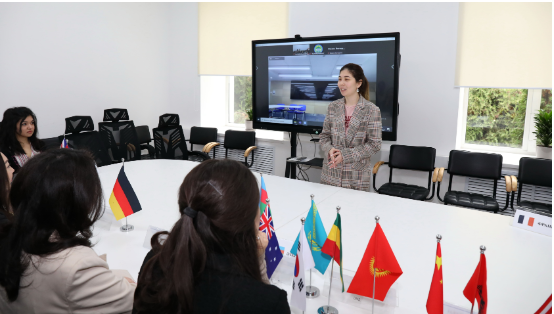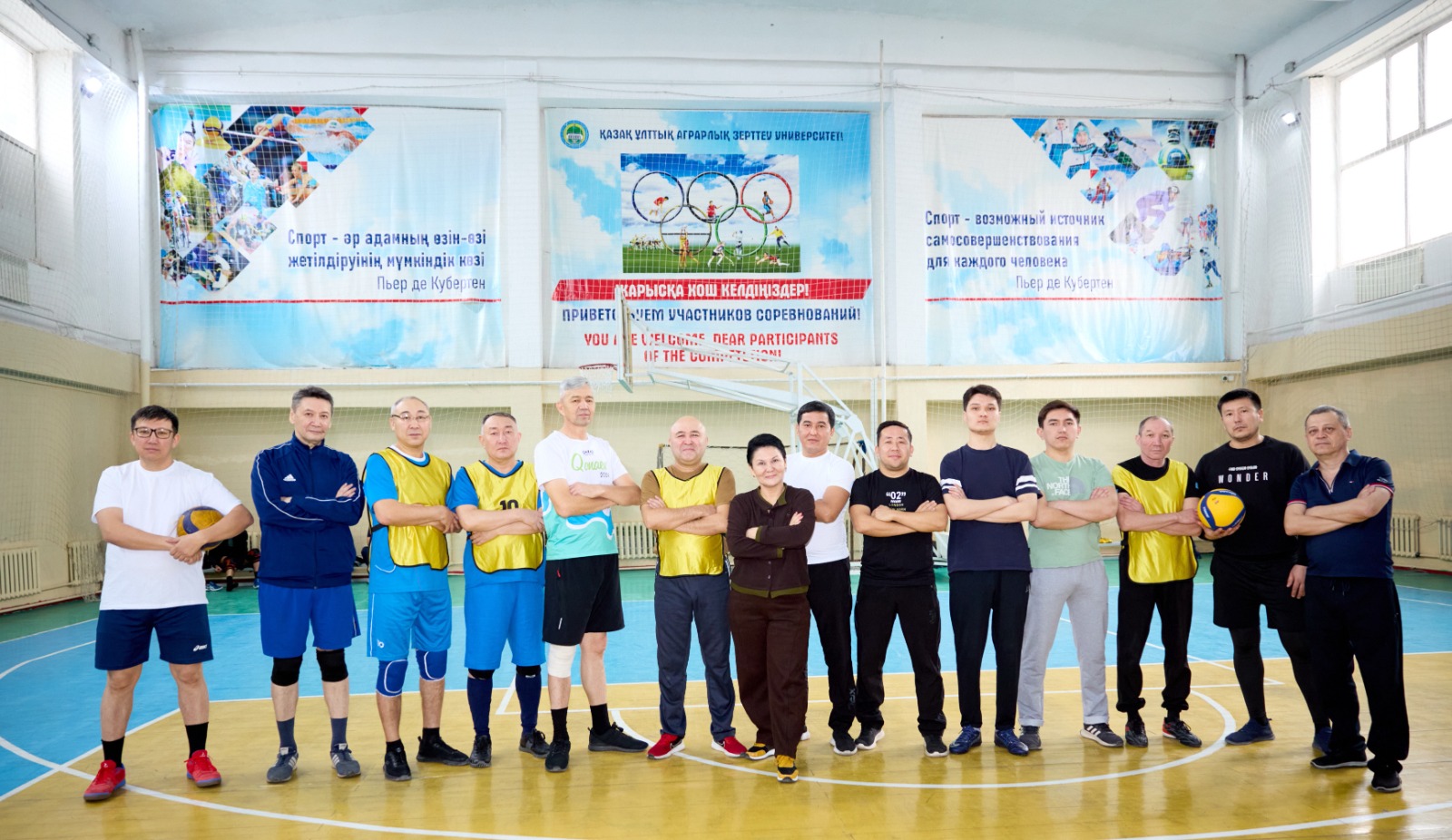New Silk Way International Mini-Model United Nations - 2022

Dedicated to the United Nations Day
World Trade Organization (WTO) (Working Language Kazakh)
Global and regional sustainable tourism: challenges and perspectives in the post-COVID-19 era
Brief Notes:
Date: November 5th, 2022
Time: 10:00 ~ 13:00
Venue: Office 3, Waigeningen Hub, KazNARU & ZOOM
Number of Committees: 2 (1 Offline, 1 Online)
Working languages: English, Kazakh and Russian
Estimated number of Delegates: 40 (~20 delegates per each Committee)
Short information about WTO:
The COVID-19 pandemic, a global crisis like no other in modern history, has led to a sudden stop in travel and a collapse in economic activity worldwide. A major economic driver, tourism accounts for more than 10 percent of the global economy and in many countries a large share of exports and foreign exchange earnings. The industry is also highly interconnected; multiple sectors are dependent on its performance. The pandemic has had severe repercussions on the complex global tourism supply chain, putting millions of tourism jobs at risk. Informal and migrant workers, particularly women and youth, have suffered disproportionately from diminished employment opportunities and lack of access to social safety nets, leading to increased poverty and slowing progress toward the UN Sustainable Development Goals.
Tourism has become one of the world’s most important growth engines, accounting for more than 10 percent of global GDP directly and indirectly. Over the last decade, the number of travelers and related spending has increased significantly, bolstered by rising incomes, falling travel-related costs, and an increasing range of available tourist activities. The tourism sector is closely linked to others in the economy, including accommodation and dining, retail and marketing, and transportation and aviation, forming increasingly complex tourism supply chain. This departmental paper focuses on tourism-dependent countries (TDCs), where the contribution of tourism and related sectors was above 10 percent of GDP during 2016–18 and accounting for a large share of export revenues. Tourism also contributes significantly to employment, with above 300 million globally, providing critical jobs to youth and women and, in several higher-income economies, to a significant share of migrant workers. Moreover, considering the high degree of informality in many TDCs, employment in the tourism sector is likely to be even higher than reported.
Conference Agenda
| Time (GMT +6) | Events | Detailed description |
| Online “venue” |
Zoom link: |
https://us02web.zoom.us/j/86868031223?pwd=dThMSTBGTGRaeUdtZ2hTay9FcUZJdz09 Conference ID: 868 6803 1223 Access code: 022290 |
| Offline venue |
KazNARU |
Address: Abai avenue 8 |
| 09:30 – 10:00 |
Registration |
Offline Delegates: The Delegates are kindly asked to arrive at the venue in advance to prevent any disorganization issues. It is necessary for the delegates to bring their National IDs (or Passports) for successful registration. At the end of the registration, Delegates will receive “Visitor” badges Online Delegates: The Delegates are kindly asked to put their ZOOM virtual names (nicknames) according to the following standard: ‘[Committee; Country of representation] Name’ All the other participants are kindly asked to put their names (or any other necessary alternatives) as nicknames |
| OPENING CEREMONY (10:00 – 11:20) |
||
| 10:05 – 10:10 |
Moderators |
1. Mr. Alen Juanyshbekov – Acting Secretary-General of the New Silk Way Model United Nations 2. Mr. Dzhafar Kabidenov – Honorary VIII Secretary-General of the New Silk Way Model United Nations |
| 10:10 – 10:25 |
Opening remarks |
1. Mr. Vlastimil Samek – Representative of the United Nations Department of Global Communications 2. Ms. Assel Uvaliyeva – Member of the Management Board,Vice Rector for Operations, Al-Farabi Kazakh National University 3. Prof. Mr. Rafis Abazov – Director of the Institute for Green and Sustainable Development at the Kazakh National Agrarian Research University (KazNARU) |

.jpeg)
.jpeg)
